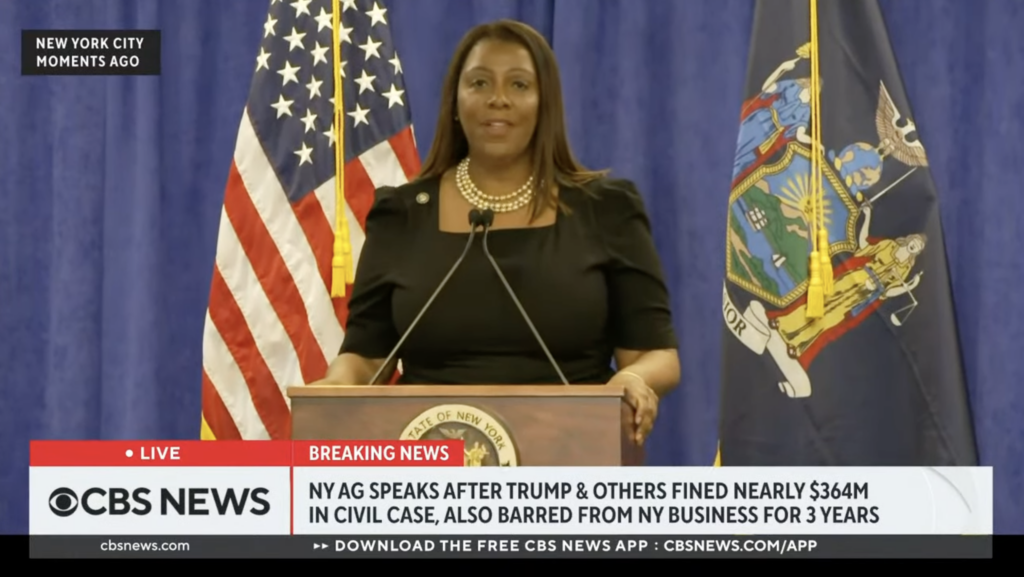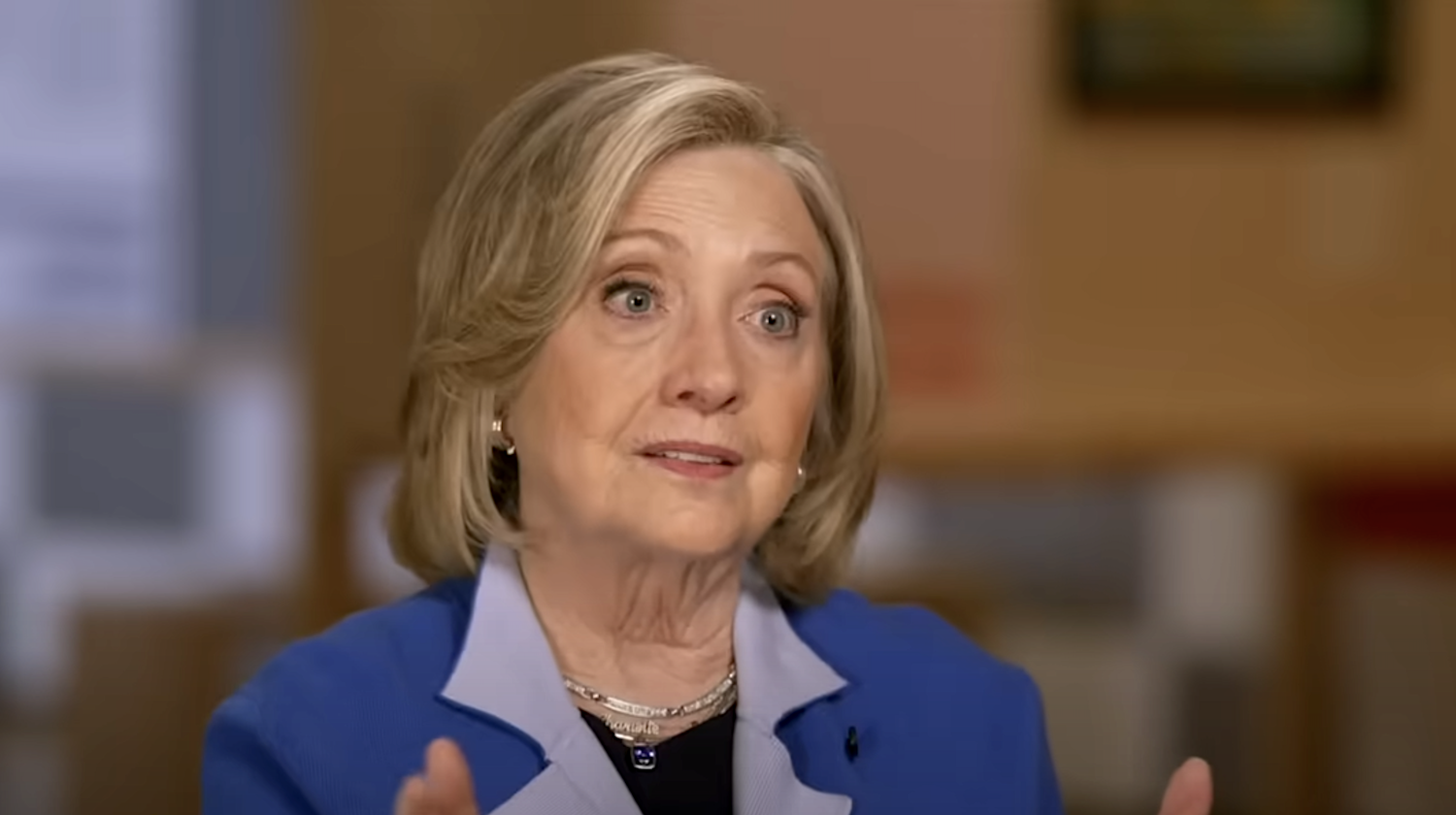Can You Guess Which Judge Protected Hillary by Delaying Release of 15k of Her Emails Until After the 2016 Election?
Teh text centers around U.S. District Judge James Boasberg, who has been portrayed as exercising judicial bias, particularly against the Trump administration while favoring the Obama administration. Notably, boasberg halted the deportation of members of the criminal gang tren de Aragua, which the Trump administration was trying to fast-track under the Alien Enemies Act. The judge asserted jurisdiction over deportations involving individuals detained in Texas — a point of contention for the administration.
In contrast, during the 2016 election cycle, Boasberg allowed the Obama administration to delay the release of documents related to Hillary Clinton’s email scandal until after the election, raising accusations of judicial partisanship. Judicial Watch expressed outrage over this delay,arguing it kept critical facts from the public at a pivotal time.
The article critiques Boasberg’s perceived inconsistency in his rulings, indicating a preference for the political agenda of the Democrats while undermining the effectiveness of the Trump administration in legal matters. it underscores a narrative of judicial bias that questions the impartiality expected from the judiciary, framing Boasberg as a key figure in the ongoing partisan tensions within U.S. politics.
When can you convince U.S. District Judge James Boasberg to defer to the judgment of the current administration? When it benefits a Democrat, of course.
Boasberg, as you might know, is the Obama-appointed judge who’s attempted to block President Donald Trump’s fast-track deportation of members of the Venezuelan transnational gang Tren de Aragua.
The move came as the individuals were on flights to El Salvador from where they were being detained in Texas. The judge ordered the flights to turn around, which the government argued he had no jurisdiction over as they’d already left U.S. airspace.
In the meantime, the Trump administration has announced its intention to continue deportations under the Alien Enemies Act until the Supreme Court weighs in as the final arbiter and has questioned whether Boasberg has jurisdiction over the case in the first place.
(How does a district judge based in the District of Columbia have a say over immigrants being detained in Texas that are being deported to El Salvador? When the American Civil Liberties Union venue shops, of course.)
However, if you want to see Boasberg deferring to the administration over their interpretation of the law, one need only look back to the administration which appointed him.
In September 2016, with Hillary Clinton’s server scandal still being quite the to-do and Clinton being the Democratic candidate for president, Boasberg ruled that most of those s wouldn’t be released to the public until after the election, despite conservative watchdog group Judicial Watch filing numerous lawsuits seeking to make the documents public under federal disclosure laws.
From The Wall Street Journal, Sept. 23, 2016: “Most of Hillary Clinton’s s recovered during a Federal Bureau of Investigation probe into practices from her time as secretary of state won’t be made public until after Election Day, according to a new timetable set Friday by a federal judge.
“Judge James Boasberg on Friday ordered the State Department to finish processing 1,050 pages of material for release by Nov. 4 — just a fraction of what could be as much as 10,000 pages of material,” the Journal noted.
“The first batch of s is due to be released on Oct. 7, with two other pre-Election Day releases scheduled for Oct. 21 and Nov. 4. After that, the State Department has committed processing 500 pages a month.”
Judicial Watch President Tom Fitton was outraged.
“This is an absolutely corrupt process the State Department has come up with,” Fitton said, noting that “the American people could be deprived of this information at this essential time.”
As the U.K.’s Daily Mail pointed out at the time of Boasberg’s ruling, this meant “the majority of messages recovered during an FBI investigation into Clinton’s classified scandal won’t see the light of day until well after Americans pick a new president, raising the possibility that an ‘October surprise’ might pop up in December or January.”
Actually, the October surprise came in October, no thanks to judges allowing presidential administrations to decide their own timetable to release time-sensitive documents.
Boasberg’s ruling, alas, could not stop Anthony Weiner — former U.S. representative, New York City mayoral candidate, and husband of top Clinton aide Huma Abedin — from continuing to be a serial pervert.
When his laptop was seized as part of an investigation that would lead to his jailing for sexting an underage female, it turned out that some of Clinton’s s were on the laptop thanks to Abedin not exactly observing strict security protocol (hey, remember when Democrats didn’t care about that, either?), leading to then-FBI Director James Comey having to re-open the Clinton investigation with just weeks left in the campaign.
In the end, how much of a difference this made will always be debated by historians and partisans alike. What is clear is that polls undercounted both Trump’s support in swing states and the general distaste for Hillary Clinton’s squint-and-maybe-it-looks-kinda-legal-somehow antics, leading to Trump’s victory.
So, naturally, our media forgot about Boasberg and Clinton’s s and started focusing on what was really important: How the Kremlin and fake news totally helped Trump win the presidency. Until that was disproved, too.
But I digress. The point is, if it weren’t for the eternally stoat-like Weiner and his “To Catch a Predator”-style antics, we might remember Boasberg as the guy who decided to kowtow to the Obama-era State Department as it slow-walked the Clinton releases at a speed that makes molasses look like quicksilver when time was of the essence.
Instead of remembering his extreme deference to the Obama administration’s interpretation of the law, however, we now know him for his total lack of deference to the Trump administration on fast-tracking the deportation of members of one of the most notoriously violent transnational gangs in the Americas.
The only consistency Boasberg has is a decided consistency toward partisanship — the exact opposite of what the judiciary’s role in the constitutional scheme of things is supposed to be.
Advertise with The Western Journal and reach millions of highly engaged readers, while supporting our work. Advertise Today.
" Conservative News Daily does not always share or support the views and opinions expressed here; they are just those of the writer."





Now loading...